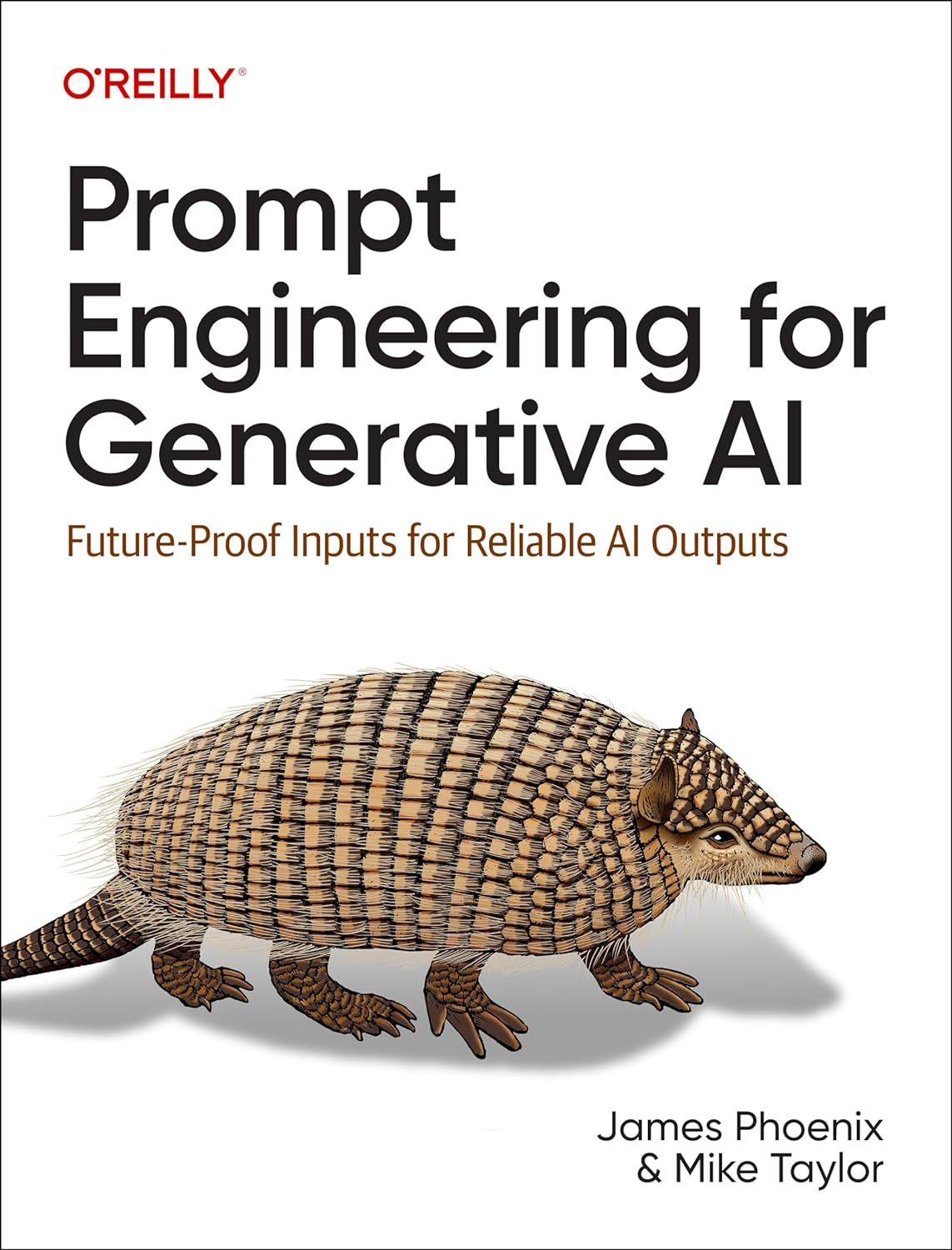Looking at the surface, I was unconvinced that financial literacy is cultural capital. It is basic knowledge that every Singaporean should know, but the finance industry has cultivated a team of commissioned salespeople to gatekeep his endeavour. Furthermore, rudimentary financial knowledge may subtly hint that you might be a commissioned financial advisor - someone that polite society should avoid in, especially in shopping malls and MRT stations.
Nevertheless, I was able to do some Googling to find out what constitutes culture. We can then apply some analysis to see whether this is true, tapping into ideas from sociologists like Pierre Bourdieu and Jean-Clauge Passeron.
a) Cultural capital can be embodied.
Sometimes, you can cultivate your cultural capital by joining a profession or being born into privileged circumstances. It's rare for someone outside the legal sector to "come alive to an understanding of" something or view something as "apposite". So, these vocabulary markers might hint at being someone from that sector.
Workplaces focusing on style rather than substance can be places of cultural warfare. An associate was shamed for loving K-pop and asked to watch Andrew Lloyd Weber instead.
A taxi driver taught me that he knows clients are poor if they speak in absolute numbers, like a watch costing $14,000, but wealthy clients who drop off at posh locales almost always speak in percentages, like a rate of return of 7%.
Whether financial literacy can constitute cultural capital will depend on whether some part of language use is considered "atas," and I don't think that matter has been resolved yet. No matter what some people say, talking about "safe rate of withdrawal" or "sequence of return risk" is not considered posh yet. I also think that dividends in Singapore have a stronger relationship with hawker food than Michelin fare, judging from the food pictures in the Dividends chat group.
b) Cultural capital can be objectified
This is irrelevant to our discussion, but owning something can be seen as cultural capital. Art objects often play this role because they are superfluous and costly.
Not all branded goods denote cultural capital, but brands like Hermes artificially create scarcity so that their Birkin bags can claim that role.
I believe books can signify cultural capital, but you really need to understand the genre to make this work for you. An old copy of Security Analysis by Graham and Dodd might say something about you, but only if it is a copy that is worn from use.
c) Cultural capital can be institutionalised
You can also gain cultural capital by getting some form of qualifications. This is the same reason parents want their kids to enter law or medical school; it allows their children to qualify for a different stratum of society.
For this to work, the qualification must be hard to attain. The CFA does this by failing 50% of candidates at every level, but I imagine the full qualification to become an actuary is even harder.
Exams should not be enough to be really valuable. The best professions have their own exclusive access in the form of guilds and a specific way of communicating with each other.
After this analysis, I don't think financial literacy is yet ready to be considered part of cultural capital. While being practical, claiming some rudimentary grasp of financial literacy is not something you wave around in a cocktail party. In fact, talking nonstop about crypto on a Tinder date is universally scorned by Singaporean women.
But cultural capital evolves over time. In the past, quoting Shakespeare might create an impression of cultural sophistication; these days, I think you'll be much cooler if you quote Game of Thrones or Dune.
At the end of the day, discussions like this should not really matter; if a reader wishes to develop and cultivate his cultural capital, he should simply make an effort to read more than his or her peers.
Read to make yourself more knowledgeable.
Read to be able to handle a magazine like the Economist.
The cultural capital will come with more literacy.



















